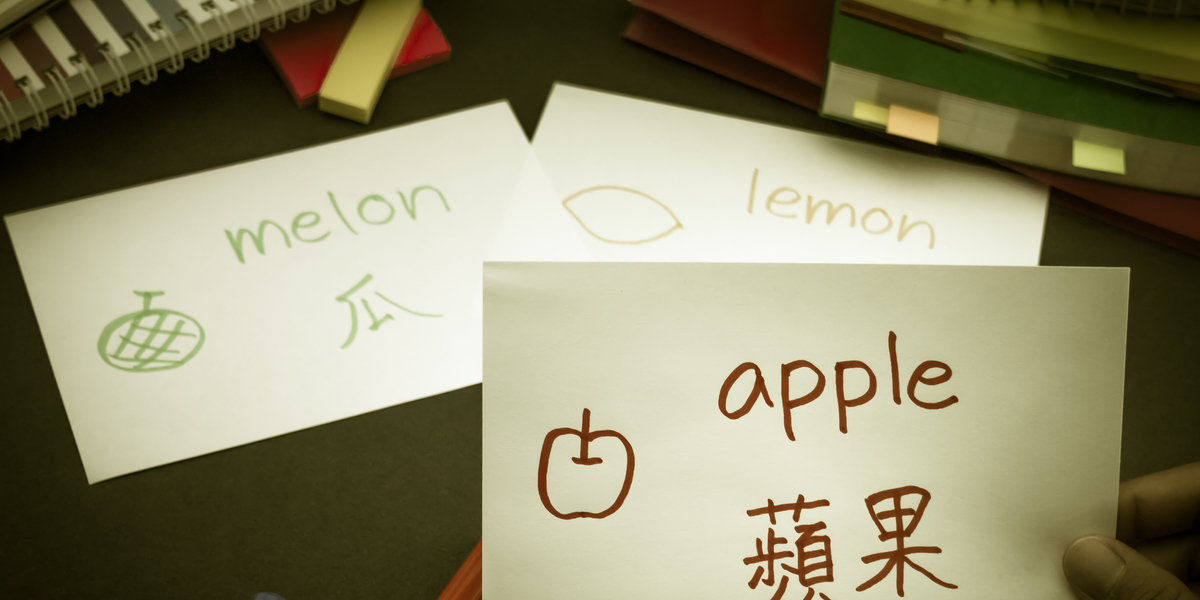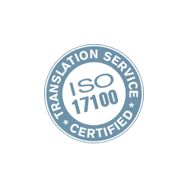What Are The Hardest Languages in the World (For English Speakers)?
For English speakers, there are some languages that are notoriously harder than others to learn, obviously. Now we may all be convinced that we could easily understand bits and pieces of French, Spanish, or whatever language we half-learned at school.
Learning a new language can be difficult at the best of times, particularly learning a new language as an adult. However, learning a new language from scratch, even one of the easier languages, can be time-consuming.
So, what about the hardest languages to learn? Some of the most challenging languages to learn can take thousands of hours just to achieve a reasonable level of proficiency.
Unfortunately, some of the most difficult languages also have the highest number of speakers in the world – so despite the time commitment, it is very much worth it! However, if you don’t have the patience or the time, we have also explained the easiest languages to learn.
To decide what the most difficult languages to learn are, we’ve looked at the FSI (Foreign Service Institute) for guidance.
Here’s a look at the four hardest:
Arabic
Global speakers: Over 400 million.
What Makes it So Hard?
Looking at a piece of Arabic text can be quite intimidating, using a completely different alphabet and writing system than what you’re used to with English. It’s believed that ‘Arabic‘ is really a beautiful blend of a large range of Middle Eastern dialects – it’s quite difficult to categorise what exactly is meant by Arabic.
Thankfully, there’s an ‘official’ form, used in literature and formal speech. This is called Modern Standard Arabic and is what a non-native will use to learn the language.
Unlike in English, reading and writing go from right to left, which can initially confuse westerners. The language as a whole has pretty much nothing in common with the European languages we’re more familiar with.
That being said, with over 422 million native and non-native speakers worldwide, it’s one of the most widely spoken languages in the world.

Chinese
Global Speakers: 1.3 billion.
What makes it so hard?
China has many languages, but the ‘official’ one is Mandarin Chinese, with popular dialects like Cantonese also widely spoken.
Chinese languages are amongst the hardest languages for an English speaker to learn. For one, Mandarin is a tonal language – meaning that every word spoken as a unique and different tone sound – we typically don’t do this in English. Pronunciation can be tricky no matter how hard the language, but our round up of useful pronunciation tips should help you out.
Instead of an alphabet (as we know it), Chinese uses pictorial ‘letters’ that are made up of strokes and radicals to make Chinese characters. These can be pretty difficult for an English speaker to learn.
Finally, there’s a tremendous amount of memorisation involved. For each word, you need to be able to recall the meaning, tone, pronunciation, and the character – as well as memorising each individual character.
As the most spoken language in the world, Chinese is well worth persevering with. You’re a pretty valuable individual if you speak both English and Mandarin fluently, as China is one of the biggest trade markets in the world.

Japanese
Global Speakers: 128 million.
What makes it so difficult?
At first glance, Japanese looks pretty similar to Chinese. This is because Kanji, the characters used in Japanese, are actually made up of Chinese characters. There’s around 2000 Kanji that you’ll need to memorise before you even begin reading Japanese. Ouch.
Additionally, Japanese grammar works in the reverse of English. For example, look at the following sentence in English:
I am waiting for my taxi to come.
In Japanese, this would directly translate as:
I taxi come waiting.
It’s no wonder that using Google translate for Japanese isn’t very useful! With well over 100 million speakers, it can be worth seeing through the difficulty of learning Japanese.
It’s also quite similar to our next difficult language, which could make it easier to learn that one, too…

Korean
Global Speakers: 77.2 million
What makes it so difficult?
With similar-looking characters to Chinese and Japanese, it might be surprising to learn that Korean is actually significantly more straightforward.
Chinese and Japanese language was developed organically over time, and there was never a purpose-built alphabet. This isn’t the case with Korean, where there’s an actual alphabet that’s designed to be easy to learn.
There’s no required tone to each word (like in Chinese), so this makes learning Korean much more accessible. Many English words also sound precisely the same in Korean (taxi and computer, for instance).
That being said, Korean is still considered a difficult language for English-speakers to learn. Learning the characters requires a lot of brainpower, and many of the sounds used are entirely different than in English.
It can be worth learning Korean due to the vast amount of business that South Korea does with the West. Being a fluent Korean speaker can be an incredibly valuable skill.

How Long Will it Take Me to Learn these Languages?
Obviously, what you put in is what you’ll get out, and your mileage may vary. In general, though, the FSI reckons it will take a native English speaker 2,200 hours of learning to be at a professional working capacity of fluency. This is around 4 years if you practice 10 hours a week, so it’s a bit of a demanding task! Contrast this to a more-familiar language like French, Italian, or Norwegian, which would take around 600 hours to achieve professional-level fluency.
To try and make all of these hours a little easier there are multiple ways of keeping learning a new language interesting, such as watching foreign language films, reading foreign language books, immersing yourself in the language, or creating a language study plan.
What other Languages are Difficult to Learn?
The 4 languages we discussed are just the hardest languages to learn. That doesn’t mean there aren’t other difficult ones to challenge your skills
As native English speakers, we find Germanic languages to be the easiest languages to pick up. Distant language families, like Indo-European languages, are much more difficult.
Here’s a quick look at the another few on the FSI list and how long it’ll take to have a professional working capacity in them:
It would take you 600 hours to learn one of the following:
Portuguese, Romanian, Swedish, Dutch
It would take 750 hours to learn one of the following:
German.
It would take 900 hours to learn one of the following:
Indonesian, Malaysian, Swahili.
It would take you 1100 hours to learn one of the following:
Czech, Finnish, Turkish, Icelandic, Thai, Polish, Greek, Vietnamese, Russian, Hungarian, Urdu, Hindi, Tagalog, Estonian, Hebrew, Mongolian.
Why Learn Difficult Languages
Language learning, in general, is difficult, so why wouldn’t you pick one that’s closest to your native language?
Learning the more difficult languages listed above can significantly increase your value in a professional capacity. Speaking French and Spanish is useful, but it’s relatively common. Having a native English speaker who can speak fluent Mandarin and Arabic makes you one of a kind.
Some of the most challenging languages to learn are also countries with a considerable amount of business opportunities, so it can be worth your time.
Summary:
Learning foreign languages like Arabic, Chinese, Japanese, and Korean are difficult for English natives to learn – there’s no way around that.
Using tools like Google Translate often fall short. The grammar, and characters are so different, that you’re likely to end up sending the wrong message at worst, or coming across as unprofessional at best. But, there are some great tools out there for learning now, like language learning apps to make learning one of the hardest languages easier than ever.
If you need some business translation, get in touch with us for expert interpretation and translation help!





